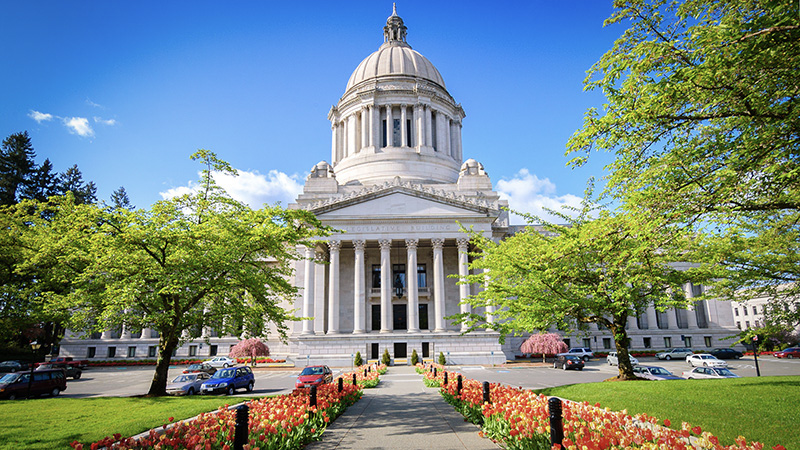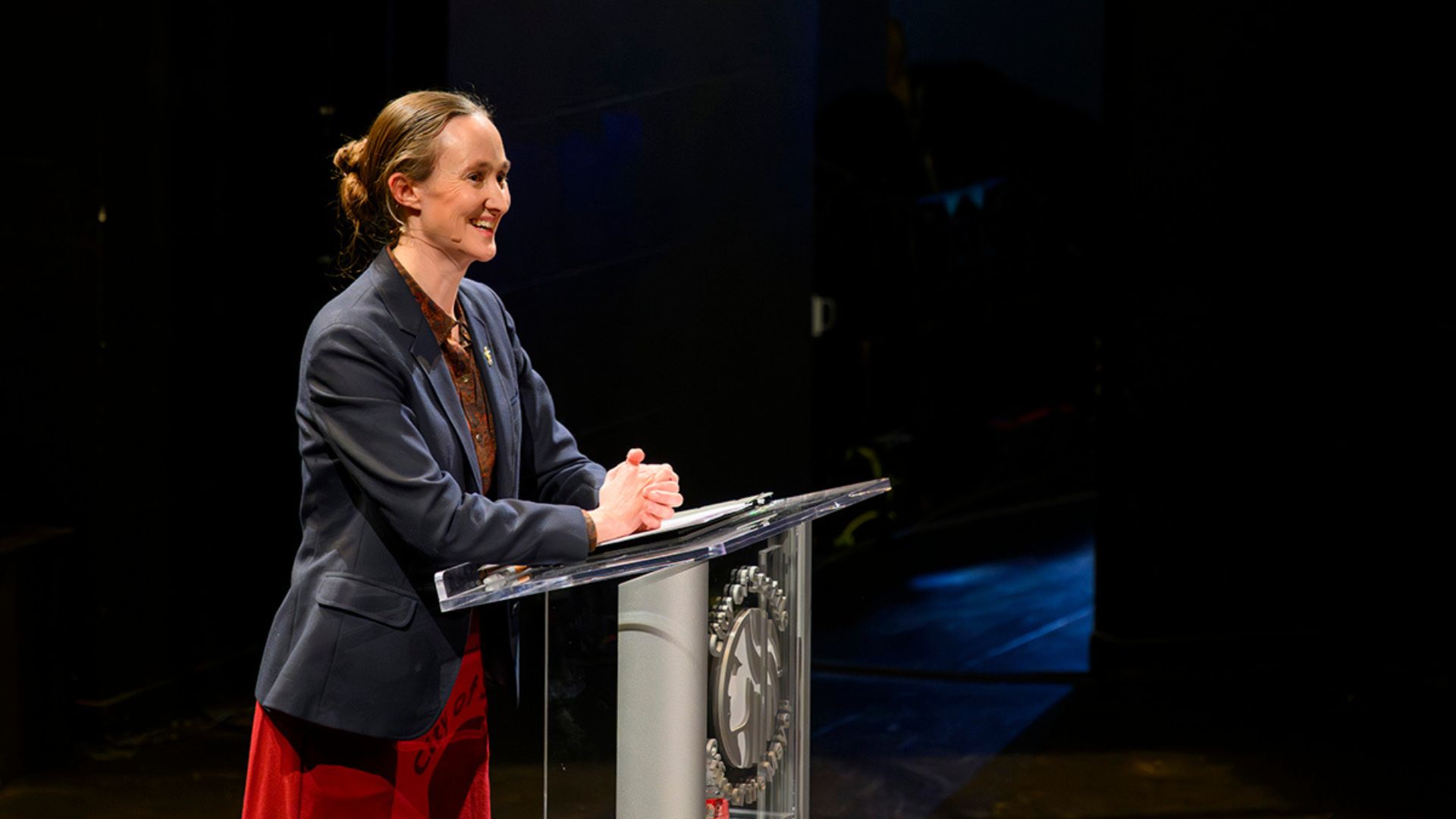
Washington State Capitol Building
As Washington State’s legislative session is underway, legislators began a challenging and condensed 60-day period on Monday. With hundreds of bills filed on diverse issues, from recycling to opioid overdose prevention in high schools, the session is likened to a rodeo bull ride by House Speaker Laurie Jinkins, D-Tacoma. The analogy is a good one and underscores the unpredictability and intensity of the session, reflecting the high stakes and rapid pace expected.
The session, crucial for updating the state’s two-year budget, will include legislators tackling persistent issues like homelessness, the fentanyl crisis, housing shortages, and mental health and addiction treatment. Despite a financial boost from new taxes, including the capital gains tax and carbon auctions, lawmakers face tough decisions due to rising costs and ongoing social challenges.
A key focus will be on housing, with efforts to promote construction, alleviate renter burdens, and convert commercial spaces into residential properties. Transportation costs are another significant concern, escalating expenses for projects like culvert replacements for salmon safety and the troubled state ferry system.
The fentanyl epidemic and the gap in mental health and substance use treatment are also high on the agenda. Last year’s agreement to increase penalties for drug possession paves the way for more investment in treatment, especially in underserved rural and tribal areas.
This election year adds another layer of complexity. With the governor’s seat and other key positions up for election, lawmakers are focused on showcasing their achievements. The session also sees several legislators running for higher office, adding to the dynamic political landscape.
Democrats, who have held the majority in both chambers for six years, view the 2024 session as a continuation of their policy work. In contrast, Republicans express concerns over state spending growth and policy directions in public safety and affordability.

